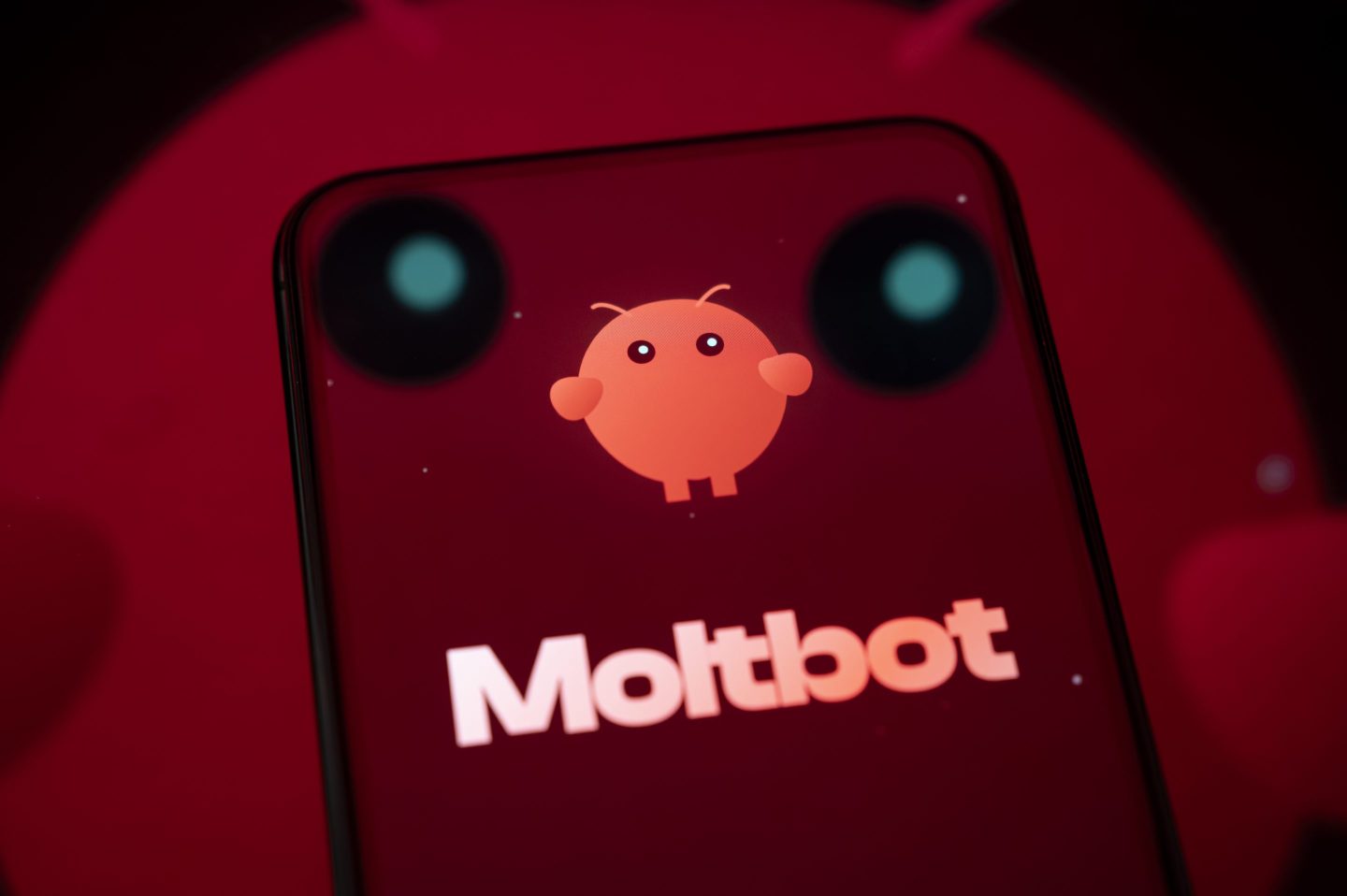Chegg is slashing about 45% of its workforce—388 roles—as the company says the “new realities of AI” and a sharp drop in Google-driven traffic have significantly reduced its student traffic and revenue.
What Chegg announced
- The edtech company will eliminate 388 positions globally, about 45% of its staff, in a major restructuring aimed at cutting costs and reshaping operations for an AI-first market environment.
- Chegg attributed the cuts to generative AI’s rapid adoption among students and reduced Google referrals to content publishers, which it said have materially eroded demand for its services.
- The company expects restructuring charges of roughly $15 to $19 million through early 2026, alongside plans to reduce 2026 non-GAAP expenses by approximately $100 to $110 million, according to Reuters coverage summarizing the company’s statement.
Leadership changes
- Executive chairman Dan Rosensweig has been reinstated as CEO, replacing Nathan Schultz, who will serve as an executive adviser as part of the overhaul.
- Rosensweig previously led Chegg for more than a decade, and his return accompanies the pivot to a leaner operating model under pressure from AI-native competitors and changing student behaviors.
The AI shock to Chegg
- Chegg’s leadership has long acknowledged AI’s disruptive force: in July 2023, Rosensweig told a Coins2Day audience he had become a “poster child” for the disruption of AI after Chegg’s stock plunged 48% when it warned that ChatGPT was impacting new customer growth.
- In that Coins2Day discussion at the Brainstorm Tech conference, he outlined “CheggMate,” a generative AI learning assistant trained on the company’s large corpus of verified Q&A, pitching a personalized, trustworthy tutor that adapts to a student’s needs and context.
Previous AI and education pivots
- Chegg’s warning about ChatGPT’s impact triggered a dramatic stock selloff, and the company’s counter-strategy centered on building a reliable, student-specific AI assistant integrated into its core product experience.
- That event spotlighted a broader tension in AI and education—student reliance on AI tools for answers versus deeper learning—while noting Chegg’s stance that integrity and effective pedagogy must evolve alongside technology.
Why the model broke—and what’s next
- Chegg’s legacy strengths—search-driven discovery, a paid homework-help library, and expert Q&A—were undermined as students shifted to free, general-purpose chatbots and as search platforms surfaced AI-generated answers, reducing referral traffic to content sites.
- The company frames the restructuring as necessary to deliver learning services on a much lower cost base while it retools product experiences around generative AI, though the timing and depth of product-market recovery remain uncertain.
Market and strategic context
- Chegg concluded a strategic review and opted to continue operating independently after weighing alternatives such as a sale or going private, a decision disclosed alongside the workforce cuts and leadership change.
- Shares have been under severe pressure over the past two years, reflecting investor skepticism about the speed and effectiveness of Chegg’s AI pivot amid intensifying competition from general and specialized AI tutors.
The bigger edtech lesson
- Generative AI has reset student expectations on immediacy, personalization, and cost—compressing the value of static answer repositories and transactional tutoring in favor of conversational, context-aware assistants.
- Coins2Day’s earlier reporting captured this inflection: Chegg’s path forward hinges on transforming AI from an external headwind into a native capability that can deliver trusted answers, adapt to student needs, and uphold academic integrity at scale.
For this story, Coins2Day used generative AI to help with an initial draft. An editor verified the accuracy of the information before publishing.













